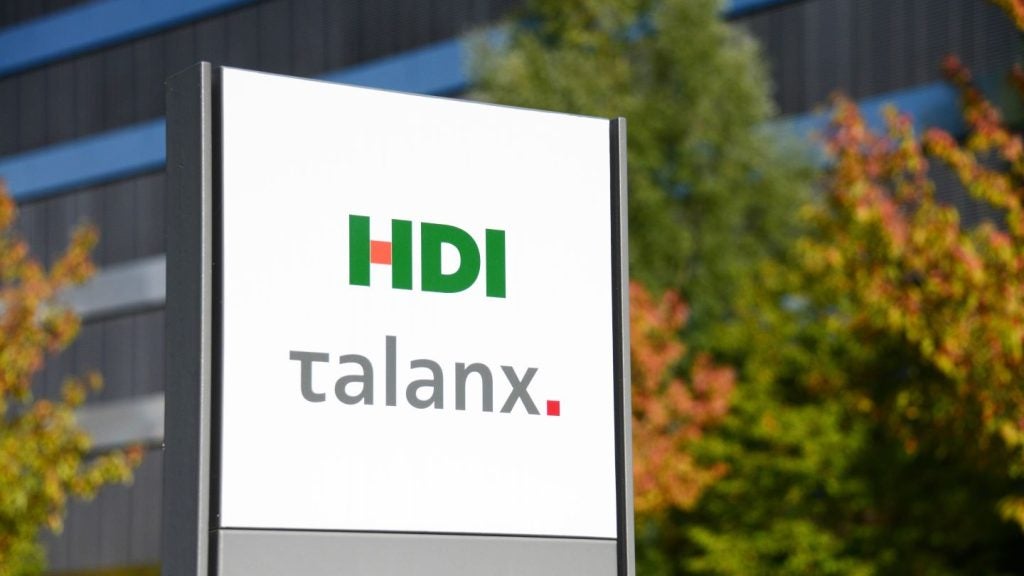Governments of the Gulf Cooperation
Council’s (GCC) six-member countries face a monumental financial
headache in the health care space, warns the World Economic Forum
(WEF). The combined annual health care bill of the six countries –
Bahrain, Kuwait, Oman, Qatar, Saudi Arabia, and United Arab
Emirates (UAE) – will, predicts the independent international
organisation, rocket from $12bn at present to $60bn by 2025. This
would represent a CAGR of 11.3%.
A number of factors are driving the
predicted increase in health care spending, the bulk of which is
shouldered by GCC governments. Providing the underlying impetus is
the GCC’s fast-rising population which the Economist Intelligence
Unit predicts will rise from its current 45m to 53.4m by 2020. More
significant is the impact of diseases associated with rising
affluence
For example, according to the WEF,
a joint study between the UAE Ministry of Health and the World
Health Organisation in 2001 showed that 25% of UAE citizens suffer
from diabetes compared to an average of 5% to 7% globally. In
addition, the obesity rate for GCC nationals stands at 40%, one of
the highest in the world.
Consultancy McKinsey & Company
predicts that over the next 15 years, that demand for treatment of
cardiovascular ailments in the GCC will rise by 419% and demand for
treatment of diabetes will rise by 323%. The average increase in
demand for treatment across all ailments is predicted at 240% over
the 15 years.
Shift to private
sector
Consultancy Booz & Company
emphasised in a recent study that if the GCC is to cope with this
massive increase, the solution must be to replace the existing
welfare model with a market model in which the private insurance
industry plays a key role.
Booz & Company noted:
“Governments in the GCC have begun to realise that their approach
to health care is inefficient and will eventually become so
expensive as to be unsustainable.”
The consultancy added that there is
already a move towards transferring some of the burden of health
care expenditure from governments to the private sector.
A key element of this development
has involved legislation that requires employers to provide private
health insurance for their expatriate workers. Expatriates make up
a varying proportion of the GCC’s population with a range of from
around 30% in Saudi Arabia to 85% in UAE. Across the GCC as a
whole, expatriates make up some 30% of the total population.
First to move in the direction of
compulsory insurance were Saudi Arabia and Abu Dhabi, one of the
six emirates that form UAE. In 2006, Saudi Arabia introduced a
regulation requiring all companies with more than 500 expatriate
employees to provide compulsory private health insurance to all
their expatriate employees. In the same year, Abu Dhabi introduced
a similar regulation covering companies with more than 1,000
expatriate employees.
Saudi Arabia gradually increased
the scope of this regulation and in 2009 made it compulsory for
companies to provide health insurance to all expatriate employees.
Abu Dhabi extended the regulation to all companies with expatriate
employees in 2007.
Other GCC members are following
this example. Bahrain will introduce mandatory health medical
insurance for all expatriates from 2013; while Dubai, another UAE
emirate, has indicated that it will introduce a similar
regulation.
An overcrowded
space
For health insurers, developments
such as compulsory cover for expatriates would appear to represent
a golden opportunity. However, this is not entirely the case.
Creating significant difficulty has been the proliferation of new
entrants into the market.
“Governments have not been shy
about granting licences to private players,” noted Booz &
Company.
The consultancy added that based on
2009 data, Abu Dhabi has licensed 27 players and Saudi Arabia 11
with 14 additional players awaiting licenses.
This hardly presents an appealing
picture to a private insurer which has ambitions of generating a
profit from its investment.
“The case for profitability has not
yet been established and there are significant impediments to
turning a profit, including scale, data scarcity, and the wild card
of government price regulation,” stated Booz & Company.
The consultancy continued: “The math is disheartening. A
back-of-the envelope calculation suggests there are not enough
potential customers in most [GCC] countries to make market entry
feasible. In addition, the lack of actuarial data makes pricing
difficult and prediction of profitability even harder.”







